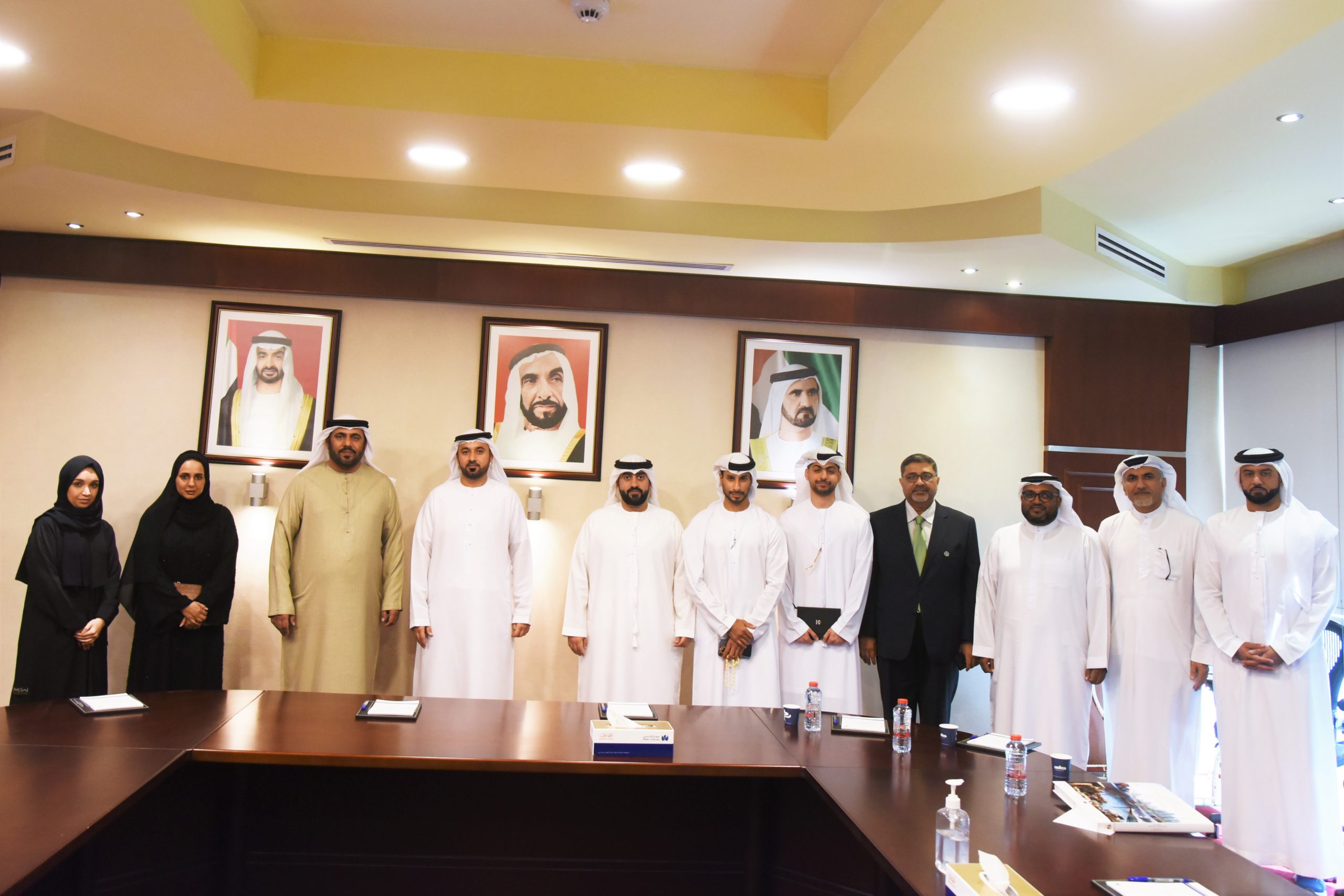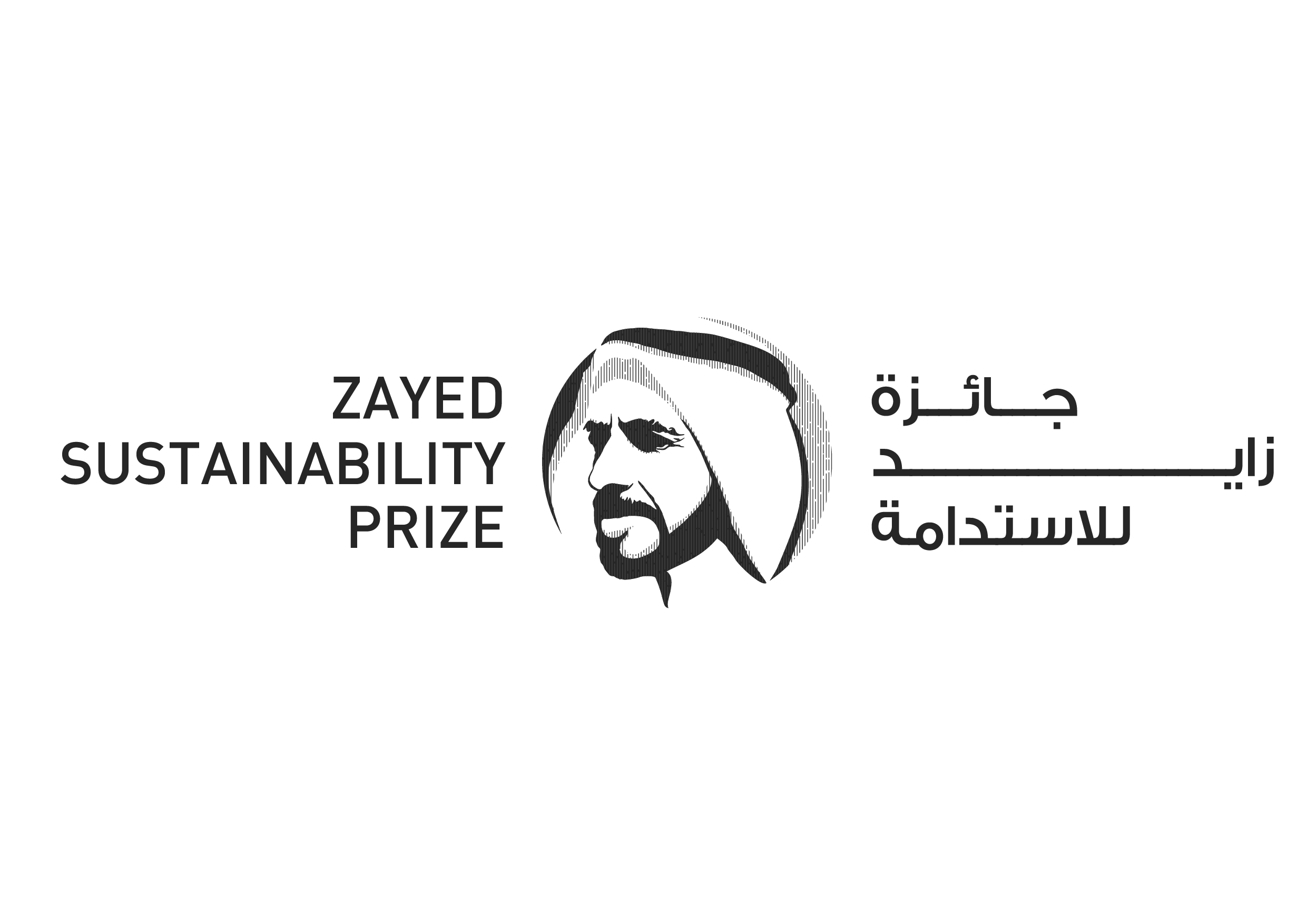MADRID, Spain, 22nd February 2023 (WAM) — The report "Global Landscape of Renewable Energy Finance 2023" reveals that global investment in energy transition technologies last year—including energy efficiency—reached US$1.3 trillion.
It set a new record-high, up 19 percent from 2021 investment levels, and 50 percent from before the pandemic in 2019, according to the joint report by the International Renewable Energy Agency (IRENA) and Climate Policy Initiative (CPI), launched on the side-lines of the Spanish International Conference on Renewable Energy in Madrid.
The report also finds that, although global investment in renewable energy reached a record high of US$0.5 trillion in 2022, this still represents less than 40 percent of the average investment needed each year between 2021 and 2030, according to IRENA’s 1.5°C Scenario. Investments are also not on track to achieve the goals set by the 2030 Agenda for Sustainable Development.
Since decentralised solutions are vital in plugging the access gap to reach universal energy access to improve livelihoods and welfare under the 2030 Agenda, efforts must be made to scale up investments in the off-grid renewables sector. Despite reaching record-high annual investments exceeding US$0.5 billion in 2021, investment in off-grid renewable solutions falls far short of the US$2.3 billion needed annually in the sector between 2021 and 2030.
Furthermore, investments have become concentrated in specific technologies and uses. In 2020, solar photovoltaic alone attracted 43 percent of the total investment in renewables, followed by onshore and offshore wind at 35 percent and 12 percent shares, respectively.
Based on preliminary figures, this concentration seems to have continued to the year of 2022. To best support the energy transition, more funds need to flow to less mature technologies as well as to other sectors beyond electricity such as heating, cooling, and system integration.
Comparing renewables financing across countries and regions, the report shows that glaring disparities have increased significantly over the last six years. About 70 percent of the world’s population, mostly residing in developing and emerging countries, received only 15 percent of global investments in 2020. Sub-Saharan Africa for example, received less than 1.5 percent of the amount invested globally between 2000 and 2020. In 2021, investment per capita in Europe was 127 times that in Sub-Saharan Africa, and 179 times more in North America.
The report emphasises how lending to developing countries looking to deploy renewables must be reformed, and highlights the need for public financing to play a much stronger role, beyond mitigating investment risks. Recognising the limited public funds available in the developing world, the report calls for stronger international collaboration, including a substantial increase in financial flows from the Global North to the Global South.
“For the energy transition to improve lives and livelihoods, governments and development partners need to ensure a more equitable flow of finance, by recognising the different contexts and needs,” said IRENA Director-General, Francesco La Camera.
“This joint report underscores the need to direct public funds to regions and countries with a lot of untapped renewables potential but find it difficult to attract investment. International cooperation must aim at directing these funds to enabling policy frameworks, the development of energy transition infrastructure, and to address persistent socio-economic gaps.”
Achieving an energy transition in line with the 1.5°C Scenario also requires the redirection of US$0.7 trillion per year from fossil fuels to energy-transition related technologies. But following a brief decline in 2020 due to COVID-19, fossil fuel investments are now on the rise. Some large multinational banks have even increased their investments in fossil fuels at an average of about US$0.75 trillion dollars a year since the Paris Agreement.
In addition, the fossil fuel industry continues to benefit from subsidies, which doubled in 2021 across 51 countries. The phasing out of investments in fossil fuel assets should be coupled with the elimination of subsidies to level the playing field with renewables. However, the phaseout of subsidies needs to be accompanied by a proper safety net to ensure adequate standards of living for vulnerable populations.
Barbara Buchner, CPI’s Global Managing Director says, “The path to net zero can only happen with a just and equitable energy transition. While our numbers show that there were record levels of investment for renewables last year, a greater scale-up is critically needed to avoid dangerous climate change, particularly in developing countries.”
This is the third edition of the biannual joint report by IRENA and CPI. This report series analyses investment trends by technology, sector, region, source of finance, and financial instrument. It also analyses financing gaps, aiming to support informed policymaking to deploy renewables at the scale needed to accelerate the energy transition. This third edition looks at the period of 2013-2020 and provides preliminary insights and figures for 2021 and 2022.

 World2 years ago
World2 years ago
 World2 years ago
World2 years ago
 Entertainment7 years ago
Entertainment7 years ago
 World7 years ago
World7 years ago
 Entertainment7 years ago
Entertainment7 years ago




